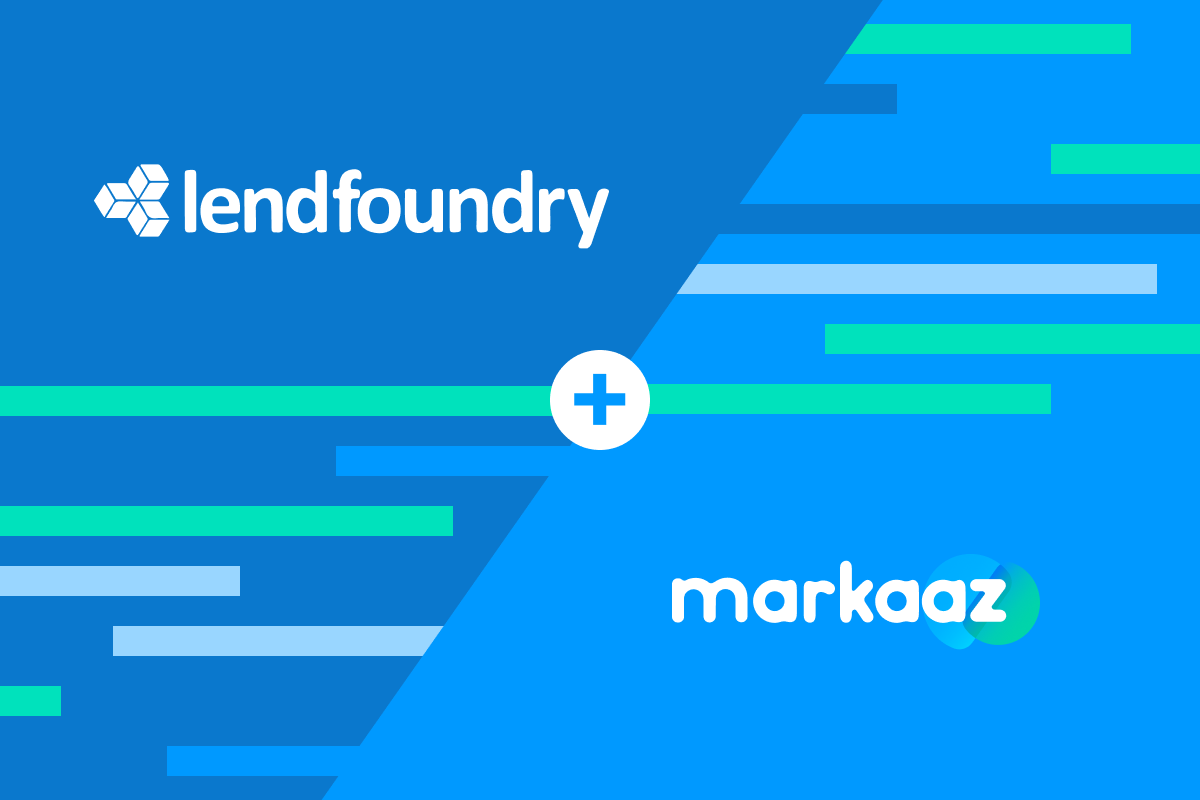Capital is the lifeblood of any business, but especially small businesses.
Put simply; capital is the money or resources needed to open a business, create, operate, and execute. However, capital, and access to it, are more complex and come in many different forms. For some entrepreneurs, that could mean using traditional lenders such as bank loans, Small Business Association loans, or even personal credit cards.
Without adequate financing through microloans, commercial lending, or investment capital, most entrepreneurs can’t start new businesses or grow their existing companies. According to NSBA data going as far back as 1993, there is a clear correlation between small-business owners’ ability to hire and their ability to get financing. When small businesses can access adequate funding, they create jobs—a critical footnote, given the US’s persistent economic challenges.
Capital allows a business to invest in the best tools to run its operations to remain competitive. Entrepreneurs with existing capital through their assets (i.e., home, property, stocks), good credit, and loans with reasonable interest rates have higher success rates than those without. According to the Office of Minority and Women’s Business Enterprises, entrepreneurs who seek to start a business without pre-existing capital face a higher probability of their companies not succeeding.
Entrepreneurs who cannot start their business with a safe source of capital usually come from middle- and low-income backgrounds and communities. This often presupposes lower credit scores, high-interest-rate loans, and few assets to liquidate for investment in their business. Disproportionately, people in these class categories are people of color.
Given this reality and according to research from the Milken Institute, entrepreneurs with greater affluence fare better in small business entrepreneurial ventures. Likewise, lower-income entrepreneurs, who are disproportionately people of color, struggle to compete in the small business sector due to fewer sources of capital to draw from.
However, there are many alternative ways to access capital. For instance, many businesses find that their ability to access capital is related to the source—looking outside of traditional loans and investments can mean success for some companies. There are so many ways businesses can access capital, from CDFI (community development financial institution) reserves to loans reserved for special groups to crowdfunding.
A small business’s problems with accessing capital lie not in the lack of money but in the absence of a connection between the small business and capital providers. So, while the questions “What is capital?” and “How do I access it?” might seem unnecessary, many small businesses have found them to be some of the most crucial questions of them all.
Different kinds of capital
Traditional loans
A traditional loan is simply a bank loan. There’s often nothing simple about acquiring one of these loans, even if you go through the Small Business Administration. Working with a lender can help you decide which of the many different loan types is best for your small business. You’ll want to keep in mind two things:
- The terms of the loan
- The collateral required to obtain the loan
One of the critical things to consider is thinking long-term with a bank loan. Banks often prefer to give business loans for more significant amounts, so you’ll most likely be making payments over a longer period, which could mean significantly more interest over time. Here are a few forms of traditional loans/capital:
- Business credit cards
- Working capital/Lines of credit
- Short-term commercial loans
- Letters of credit
- Equipment leasing
- Longer-term commercial loans
While you can go to just about any bank for a business loan, some banks have specific programs for small businesses. You can usually find them by either asking directly or through an online search.
Alternative loans
These alternative loans cover many business loan options outside of a traditional bank loan. Alternative loans are in demand for one primary reason—increasingly, some companies struggle to obtain a traditional bank loan.
Because there are so many options, there is no one standard for deciding the best alternative lending option for your small business.
Generally, the lending option you select depends on where you stand on the small business spectrum. If you open a new company, you most likely won’t qualify for anything significant from a traditional lender. On the other hand, peer-to-peer lending might make more sense if you’re looking for $25,000 or even $50,000.
Additionally, a merchant cash advance could be perfect if your business is established and can show a good track record of revenue performance. If you’re dealing with slow payment cycles from customers and clients, then maybe a revenue-based deal or factoring may work for you.
But no matter what lending option you use, ensure it adheres to the Responsible Business Lending Coalition’s Bill of Rights to protect yourself. It calls for greater transparency and accountability from all business lenders and financing platforms, giving small business owners fundamental financing rights.
Crowdfunding
Hundreds of online crowdfunding platforms give entrepreneurs a medium to set up their campaigns in many ways. Small business owners can create an engaged community of continued customers from rewards-based crowdfunding to securities-based crowdfunding.
While crowdfunding presents an exciting opportunity for many small business owners looking for financing, it has its own set of challenges, such as:
- Timing – This is crucial. Slow investments in the summer, earmarked funds during the holidays, and tax season are all factors that should help you decide the best time to launch your crowdfunding campaign.
- Exhaustion – Many platforms and campaigns contend for lenders’ attention, which can overwhelm them. Remember when creating your campaign to excite and delight your potential contributors instead of giving them more work.
- Tax Implications – It is essential to know that any contributions you receive are taxable. Additionally, any incentives you offer can be subject to taxation.
- Competition – This ties into the exhaustion point, but from the perspective of competition. So many platforms and campaigns can make it difficult for your idea to stand out.
- Relationships – Remember your contributors! Even if you have many investors, maintaining relationships (i.e., providing updates) is crucial and can be time-consuming and energy-depleting.
What’s right for you?
The above are just three examples of the many different forms of capital available to small business owners. The best way to start accessing the various sources of capital available to you as a small business owner is to understand your cash flow and what would best serve your company. Markaaz is here to provide you with the insights you need to confidently make the best decisions for your business.
We work with institutions of all sizes to build a one-stop shop for small businesses to find verified suppliers, monitor them, and improve their cash flow. This includes the features that would give small businesses a better idea of what financing and capital options are available, opening up a world of opportunities.
Join Markaaz today and be the first to learn about our new cash flow features.




